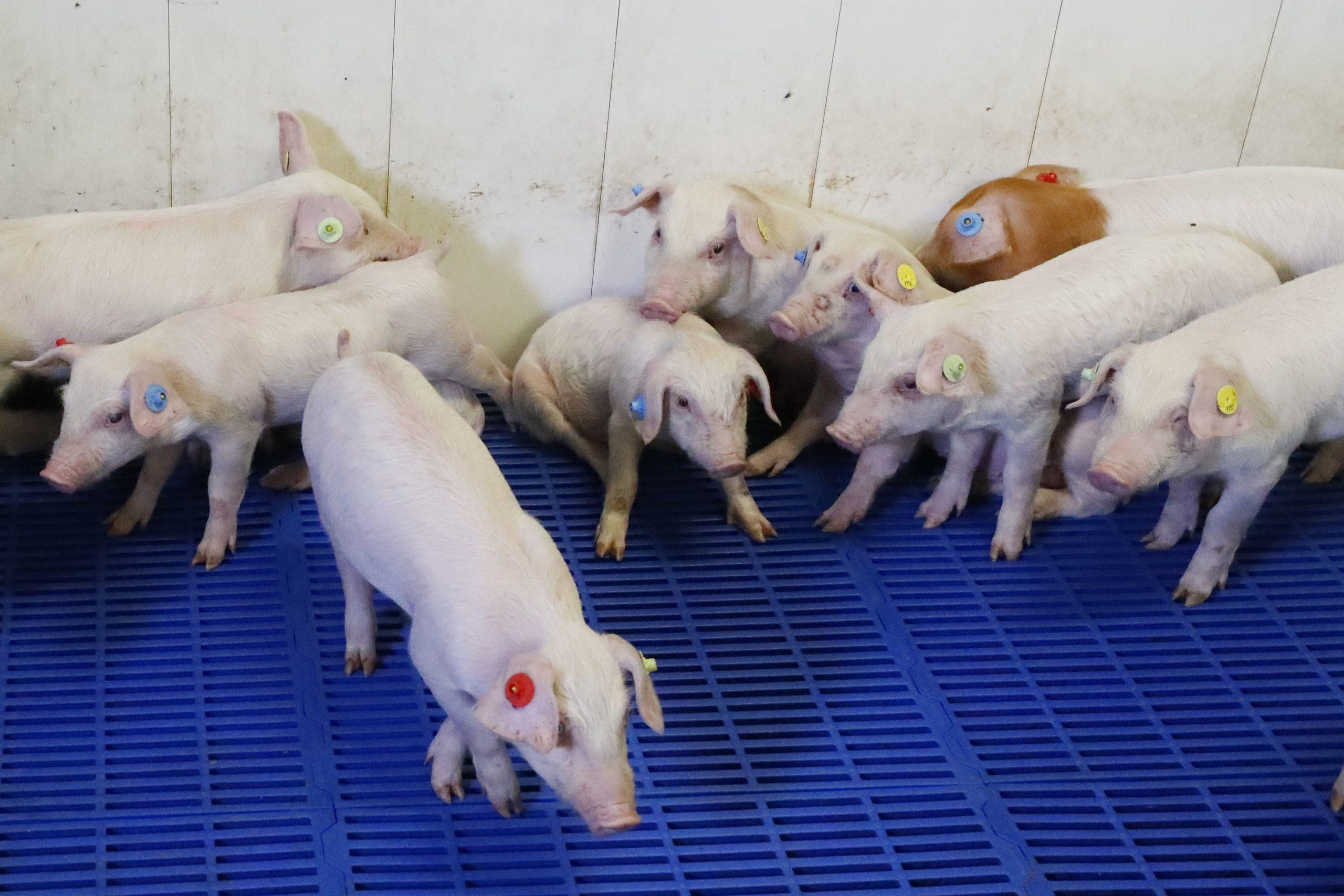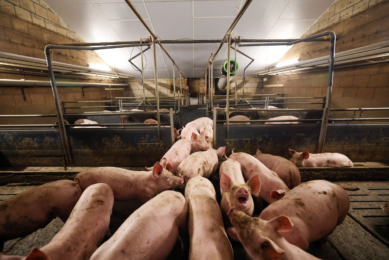Are in-feed antibiotics necessary for weaner pigs?

The removal of antibiotics from the feed of weaner pigs has been found to have minimal effects on health and welfare indicators.
In addition, there was no effect of treatment on health deviations and the frequency of these was low.
Those were some of the major conclusions of a paper that was published by scientists associated with several Irish and one Polish institute in the peer-reviewed scientific journal PLOS One.
Prophylactic use of antibiotics in-feed
The researchers wrote as a background that antibiotics are suspected to be a major source of antibiotic resistance and that, following the ban on antibiotics use as growth promoters in the EU, their prophylactic use in-feed is under review.
They aimed to evaluate the effect of removing prophylactic in-feed antibiotics on pig health and welfare indicators. For that reason, every Monday for 6 weeks, a subset of 70 pigs were weaned, tagged and sorted into 2 groups of 35 pigs according to weight.
10 focal pigs per group
They removed antibiotics from the diet of one group and maintained in the other group for 9 weeks. In total, the scientists chose 10 focal pigs per group. After about 5 weeks, they split each group into 2 pens of about 17 pigs for the following 4 weeks.
The researchers described how data were recorded weekly and how they scored skin, tail, ear, flank and limb lesions of focal pigs according to severity. The number of animals per group affected by health deviations was also recorded. The number of fights and harmful behaviours (ear, tail bites) per group was counted during 3 times 5 minute observations once per week.
Antibiotic-fed pigs were more likely to have tail lesions
At group level, antibiotic-fed pigs were more likely to have tail lesions but less likely to have ear lesions than pigs without antibiotics. The number of ear bites and fights was higher in pigs fed antibiotics than in pigs without antibiotics.
There was no effect of treatment on health deviations and the frequency of these was low. The scientists closed off by saying that removing antibiotics from the feed of weaner pigs had minimal effects on health and welfare indicators.
The research paper was written by Alessia Diana, Edgar Garcia Manzanilla, Julia A. Calderón Díaz and Laura A Boyle, Teagasc, Fermoy, Ireland; and Finola C. Leonard, University College Dublin (UCD), Ireland. Alessia Diana is also attached to the UCD in Dublin; Julia Calderón Díaz is also attached to the Polish Academy of Sciences, Jastrzębiec, Poland.











